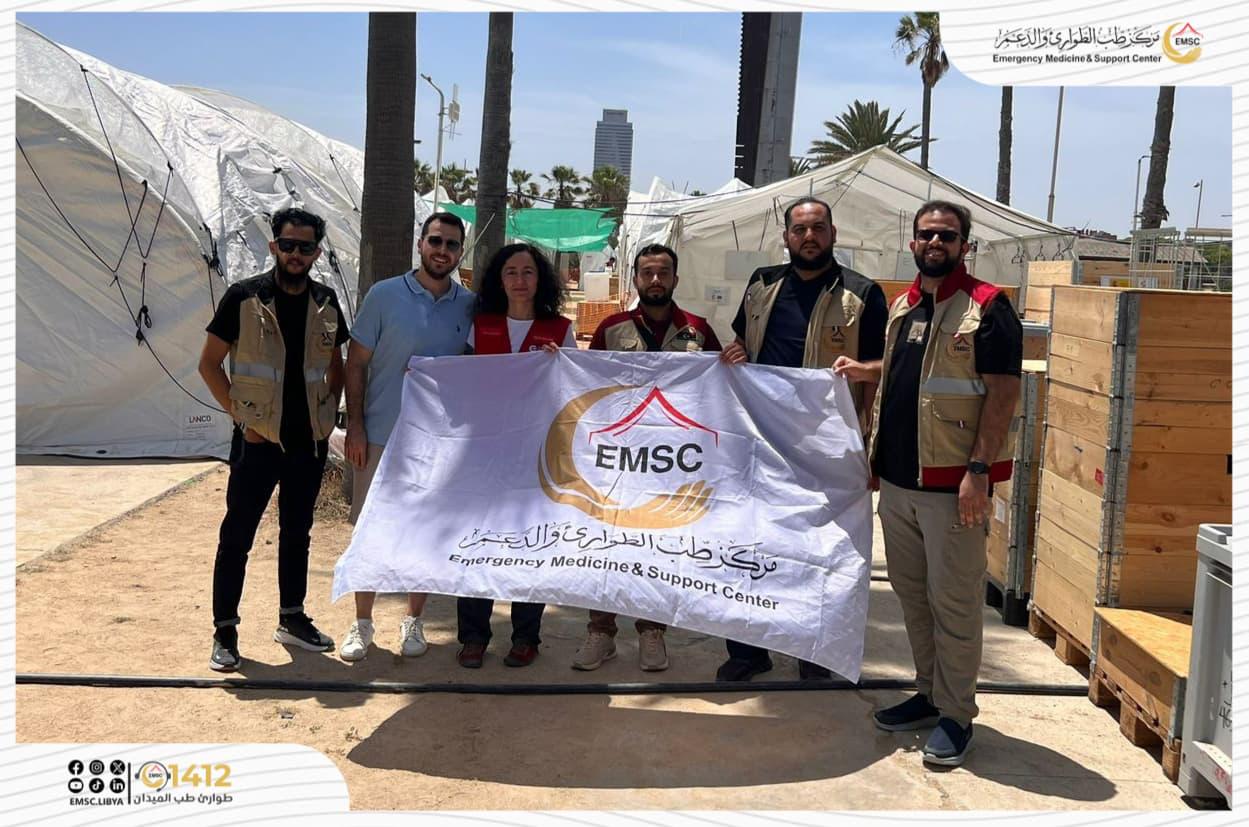In a concerted effort to significantly enhance Libya’s emergency medical response capabilities, a high-level delegation from the Emergency Medicine and Support Center (EMSC) recently concluded a pivotal field visit to Spain. This strategic initiative was undertaken in close collaboration with the World Health Organization (WHO), operating under the established Emergency Medical Teams (EMT) framework, and in partnership with the Spanish Agency for International Development Cooperation (AECID). The delegation was further supported by a WHO-appointed technical advisor, ensuring strict adherence to global EMT standards and best practices.
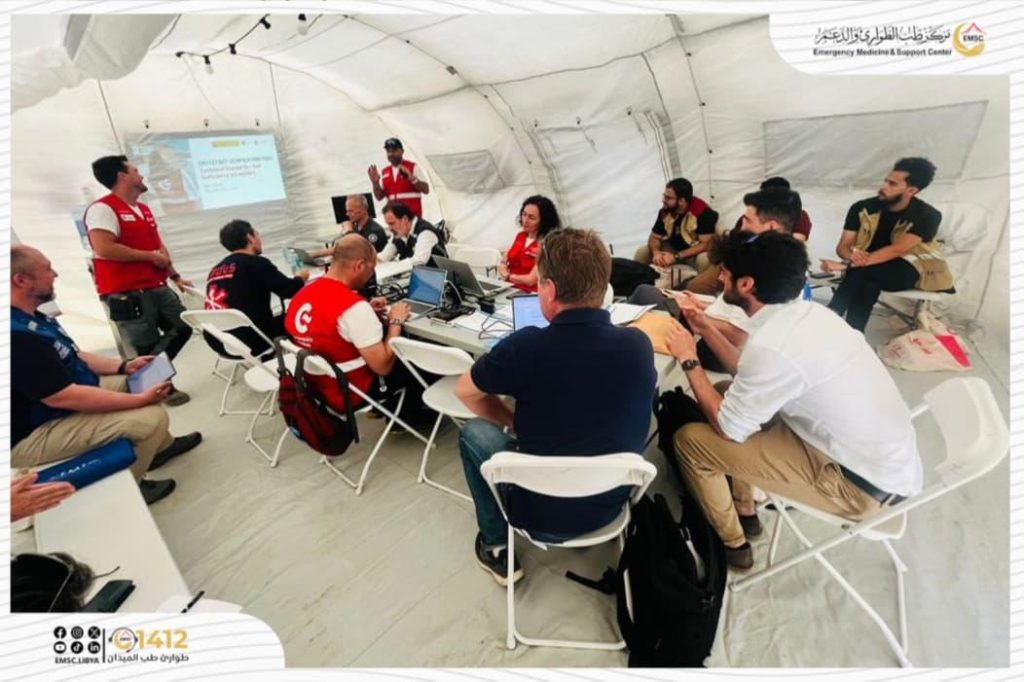
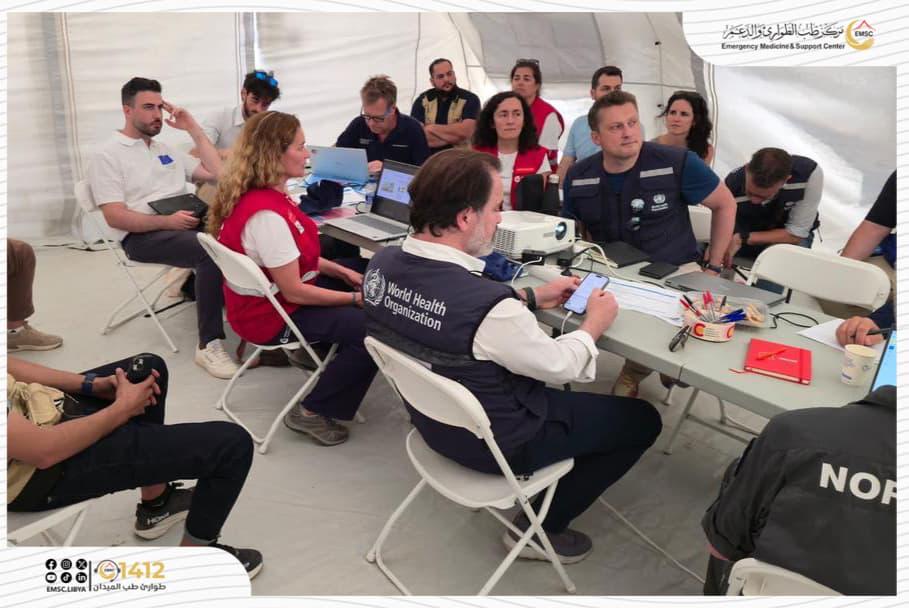
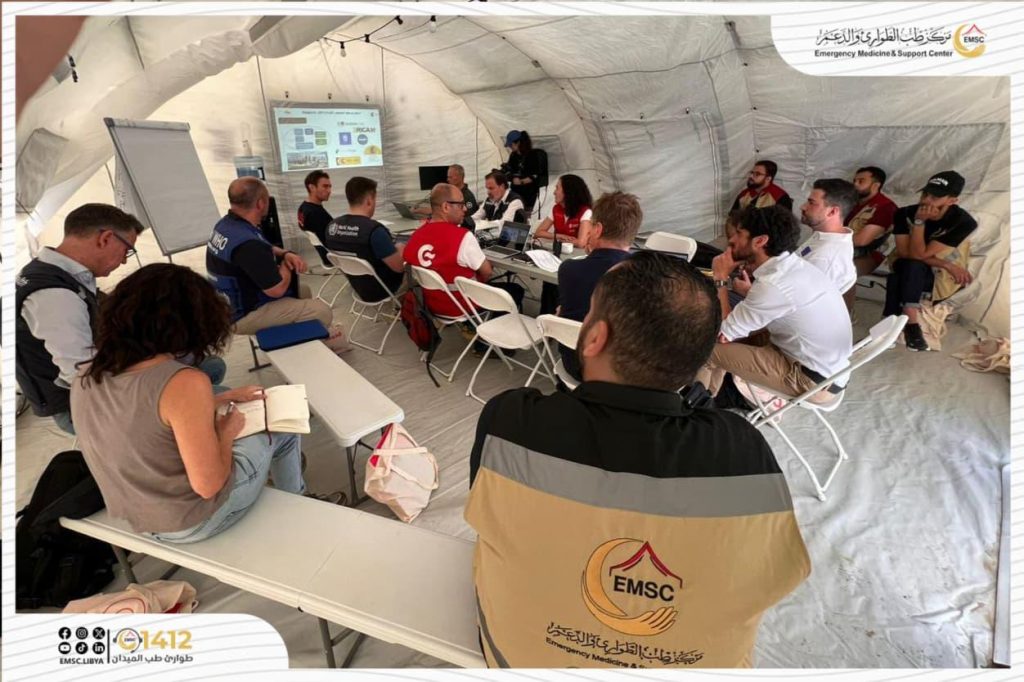
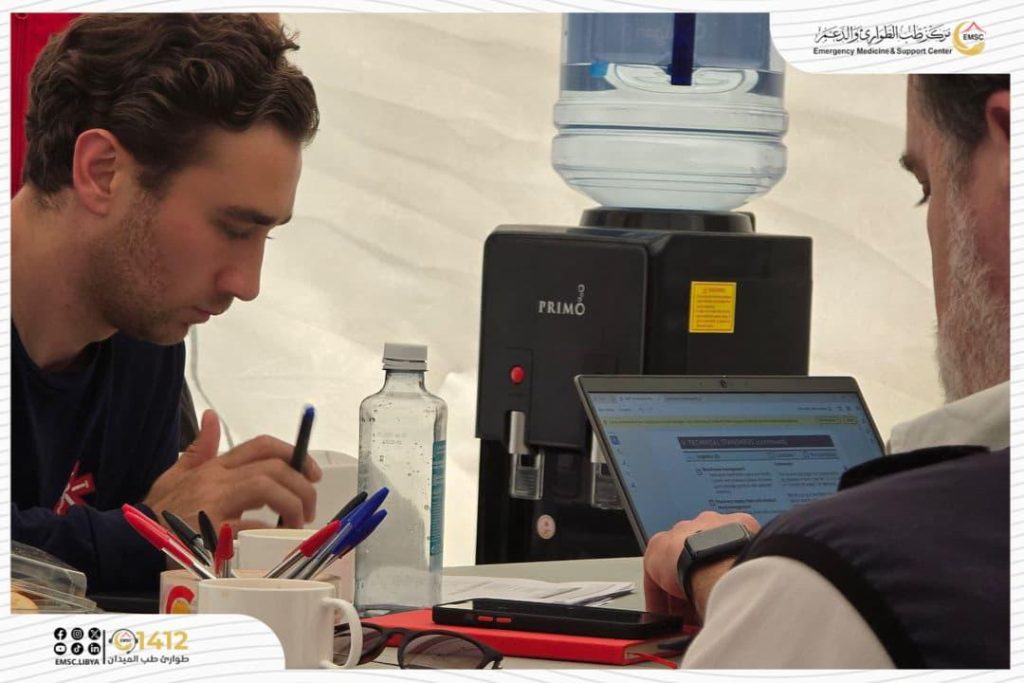
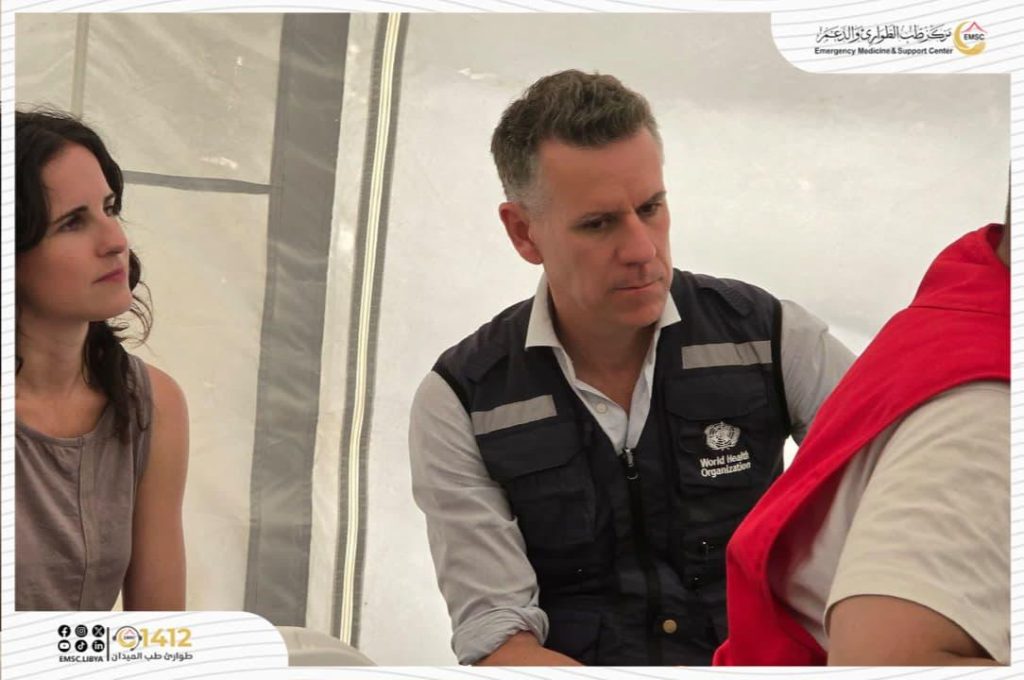
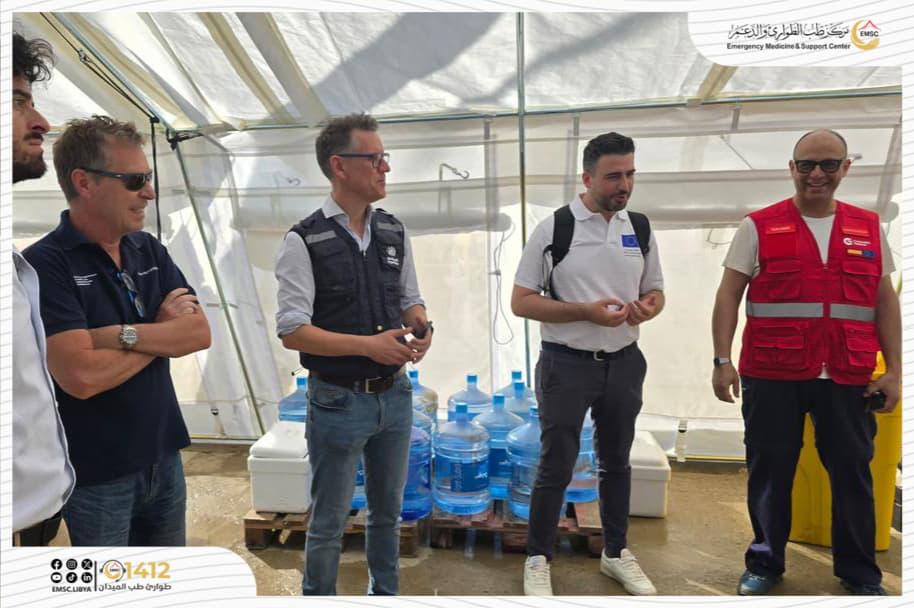
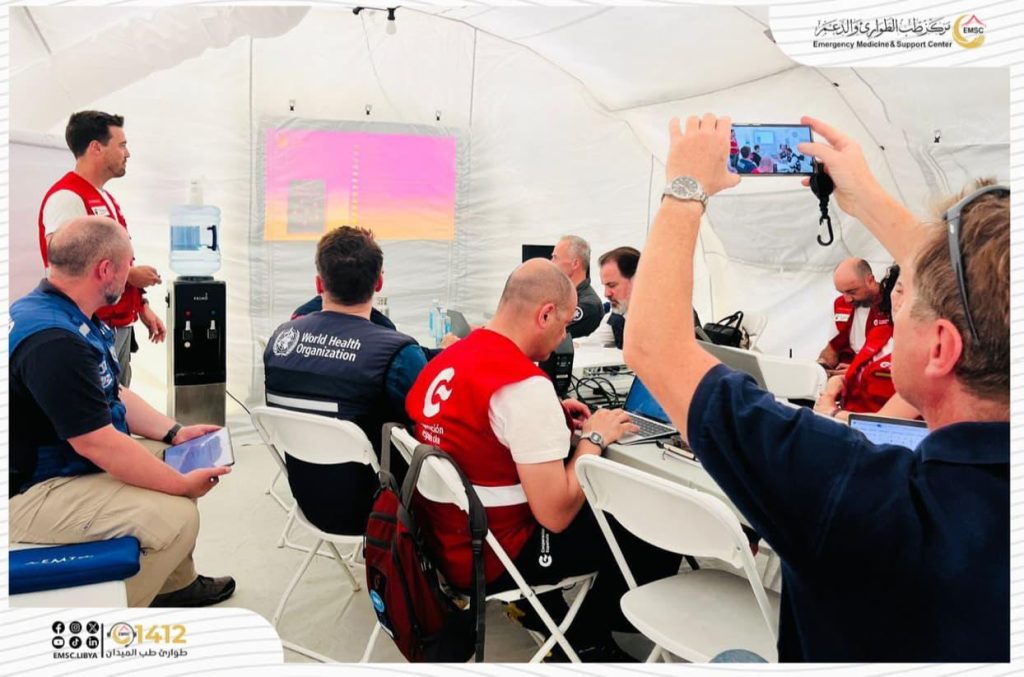
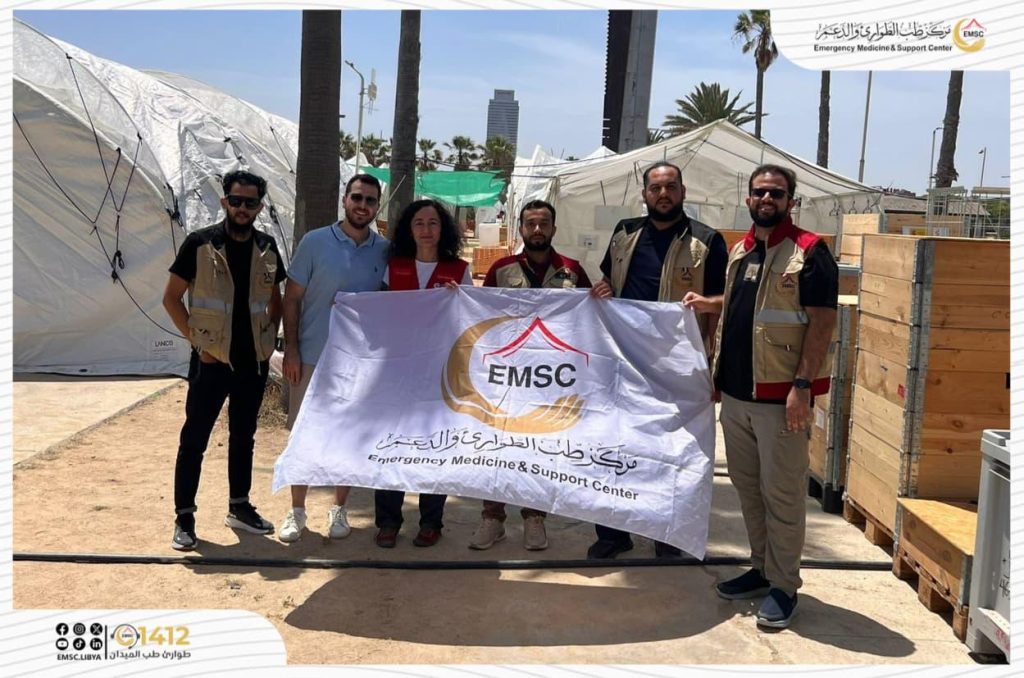
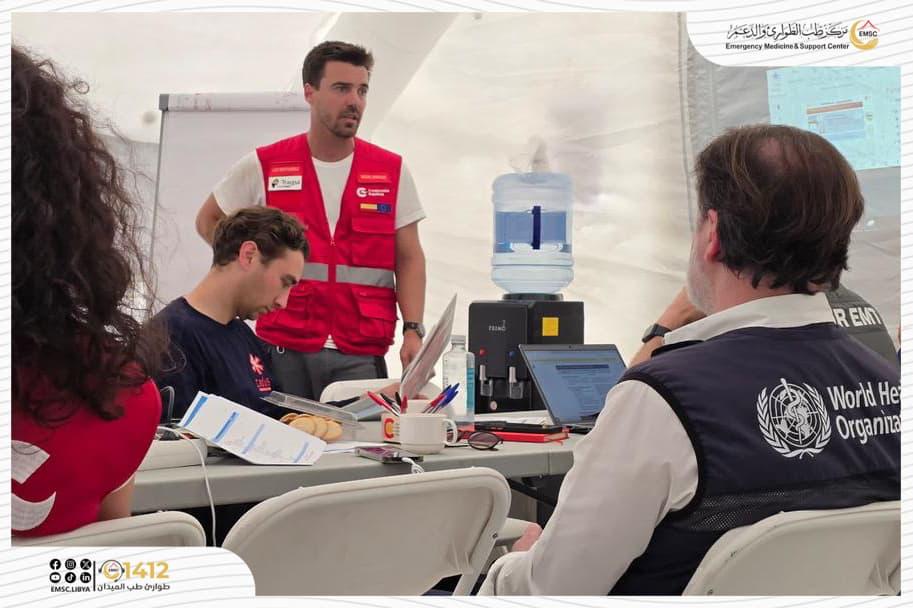
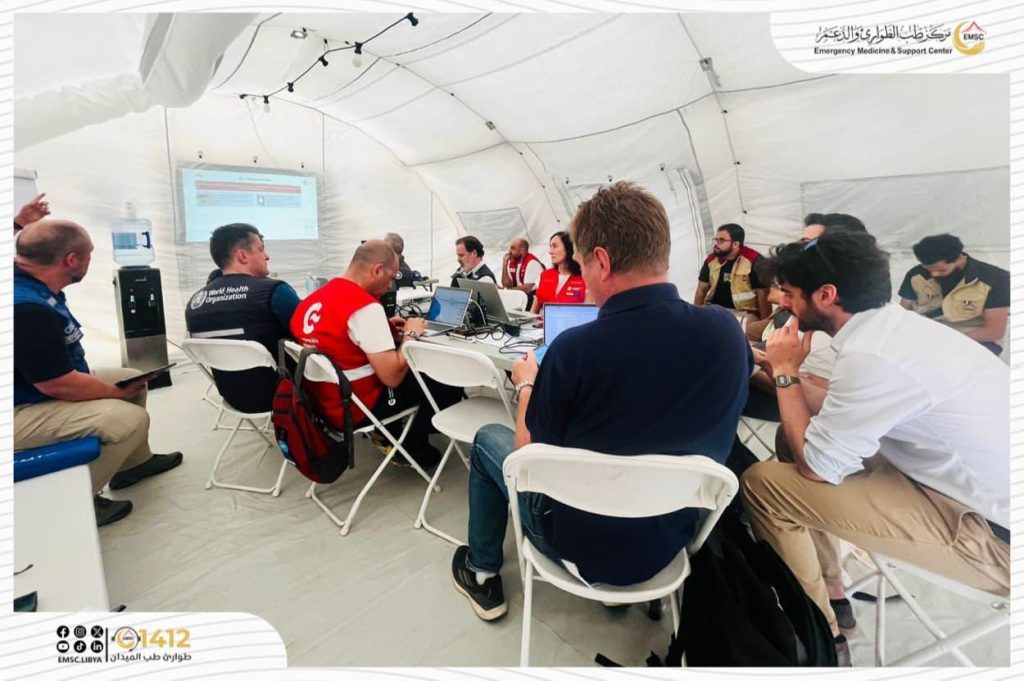
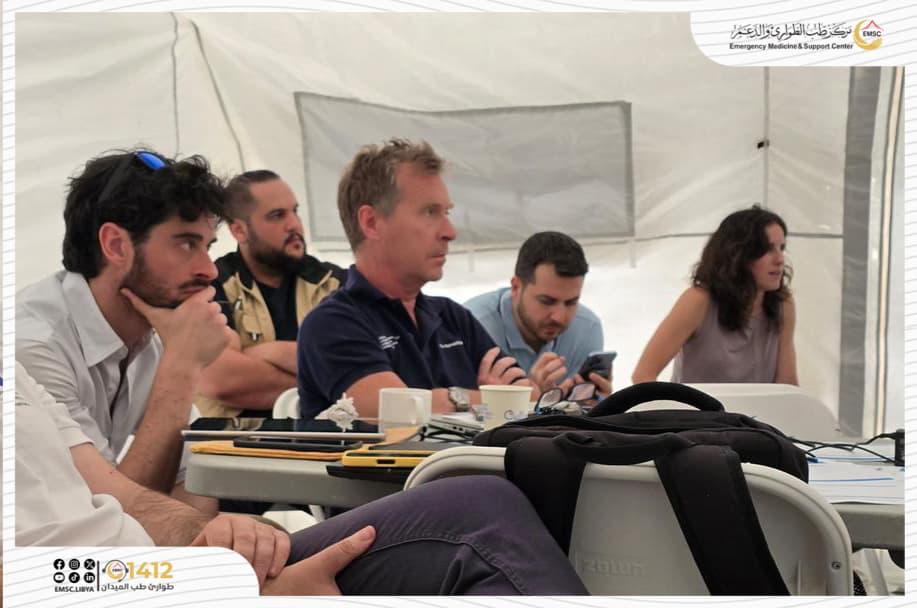
Key Objectives and Outcomes of the Visit:
- Expertise Exchange: Facilitating a robust exchange of knowledge and operational expertise with Spain’s highly experienced EMT team, focusing on internationally recognized emergency response protocols and advanced methodologies.
- Readiness Assessment for EMT-1 Classification: Observing and assessing Spain’s preparedness to achieve the prestigious EMT-1 classification from the WHO on June 12, 2025. This provided invaluable insights into the rigorous standards required for such an accreditation.
- Operational Protocol Analysis: Deep-diving into Spain’s operational protocols, disaster response strategies, and rapid deployment mechanisms, particularly those critical for the initial hours of an emergency or disaster.
- On-site Field Hospital Evaluation: Conducting a comprehensive on-site evaluation of Spain’s advanced field hospital. This included a detailed examination of its cutting-edge equipment, efficient patient management pathways, and robust epidemic containment measures.
- Strategic Proposal Development: Collaborating to develop concrete, actionable proposals for future training programs, sophisticated simulation exercises, and sustainable initiatives aimed at strengthening Libya’s national EMT model.
This collaborative field visit represents a significant milestone in Libya’s journey toward establishing a robust, internationally compliant national EMT model. It underscores a steadfast commitment to enhancing readiness for effective emergency and disaster response, aligning comprehensively with global classification standards. By strengthening international partnerships and investing strategically in advanced medical response systems, Libya is progressively building a more resilient and responsive healthcare infrastructure for its citizens.
Stay informed on Libya’s advancements in emergency medical services.
Learn More:
- Emergency Medicine and Support Center (EMSC)
- World Health Organization (WHO) Emergency Medical Teams (EMT) Initiative: WHO EMT Initiative
- Spanish Agency for International Development Cooperation (AECID): AECID Official Website
- WHO EMT Classification Standards: Understanding WHO EMT Classification

